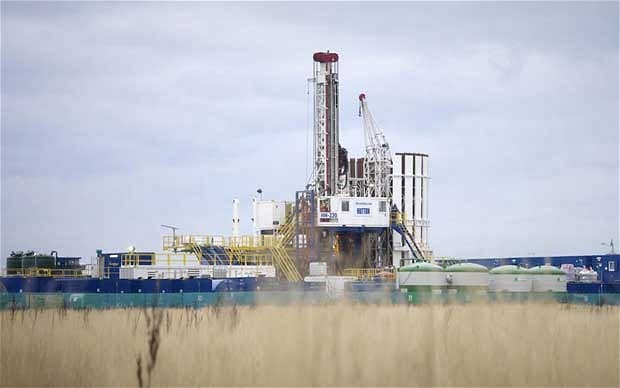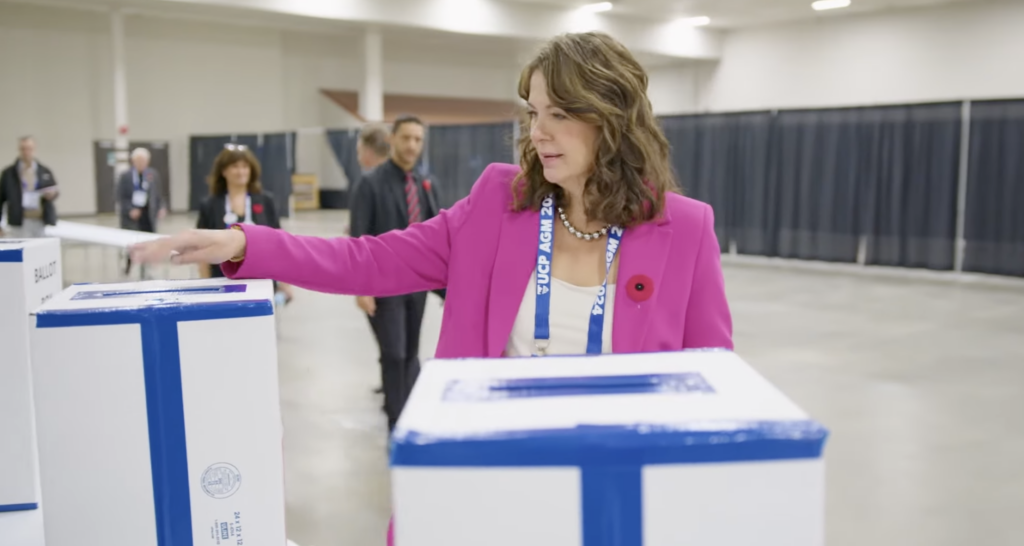This article by Christine Ottery has been cross-posted from EnergyDesk.
People that live near fracking sites could be affected by health problems and financial hardships – and fracking might not even help climate change – a government report has revealed.
The report – which was initially heavily redacted but has now been fully published after the Information Commissioner ordered the government to do so – includes striking passages that were previously blacked out on the risks of living near a fracking well, most dramatically that:
“Properties located within a 1 – 5 mile radius of the fracking operation may also incur an additional cost of insurance to cover losses in case of explosion on the site.”
“Such an event would clearly have social impacts,” some genius notes.
There are also several other health impacts and financial impacts on local rural communities that have been detailed — and are now revealed.
On climate change, the report says that fracking in the UK could cause a gross increase in global CO2 emissions if the LNG or other fossil fuels that would otherwise be burnt in the UK are burnt elsewhere — and we are still emitting from burning fracking gas.
Energydesk put in the Freedom of Information request for the report last summer, and repeatedly asked Defra to fill in the blacked-out blanks in the back-end last year.
We’ve finally been able to properly scour the report — and here’s what’s come to light:
Health: Water, noise, light and air pollution
People could experience the consequences of surface water contamination from fracking — not from drinking water but “it can affect human health indirectly through consumption of contaminated wildlife, livestock, or agricultural products”.
Noise and light pollution from rigs could also lead to problems, the internal Defra report acknowledges. It says: “Some residents may experience deafening noise; light pollution that affects sleeping patterns.”
“Noxious odours from venting gases can also impact on air quality for local residents,” it adds.
Truck movements to and from the site – about 14 to 51 journeys a day over a period of weeks – could also impact air pollution and noise.
And if you have resulting health problems you might find your local services stretched with the additional demand from the influx of fracking workers.
The report says that it’s unclear whether the extra funding given to communities “will be sufficient to meet the additional demand if new schools or hospitals are needed to ensure service provision for existing rural communities is maintained”.
Money: Housing and jobs
So, your house might be worth up to 7% less if you live within a mile of a fracking site (though other estimates say 10% or even up to 70% of the value could be wiped off) — and you might have to pay more for your house insurance in case of an explosion on site.
And if you rent, rent prices are expected to rise as new workers come into the area.
Fracking is also a mixed bag for local economies — short term benefits belie costs in terms of industries including “agriculture, tourism, organic farming, hunting, fishing, and outdoor recreation.”
The report also highlights concerns about what happens to local economies after the frackers leave.
In case local people were thinking of working in the fracking industry, there is also uncertainty over “how sustainable the shale gas investments will be in the future and whether rural communities have the right mix of skills to take advantage of the new jobs and wider benefits on offer”.
Regulatory uncertainty
And at a time of deep cuts to DECC, the Environment Agency and HSE – the people responsible for regulating the fracking industry – it is tricky that the report recommends that “regulatory capacity may need to be increased”.
A Defra statement said: “This document was drawn up as a draft internal discussion paper – it is not analytically robust, has not been peer-reviewed and remains incomplete.
“It does not contain any new data or evidence, and many of the conclusions amount to unsubstantiated conjecture, which do not represent the views of officials or ministers.”
Read the UNREDACTED Defra report in its entirety here.
Photo: Cuadrilla via Creative Commons
Subscribe to our newsletter
Stay up to date with DeSmog news and alerts







